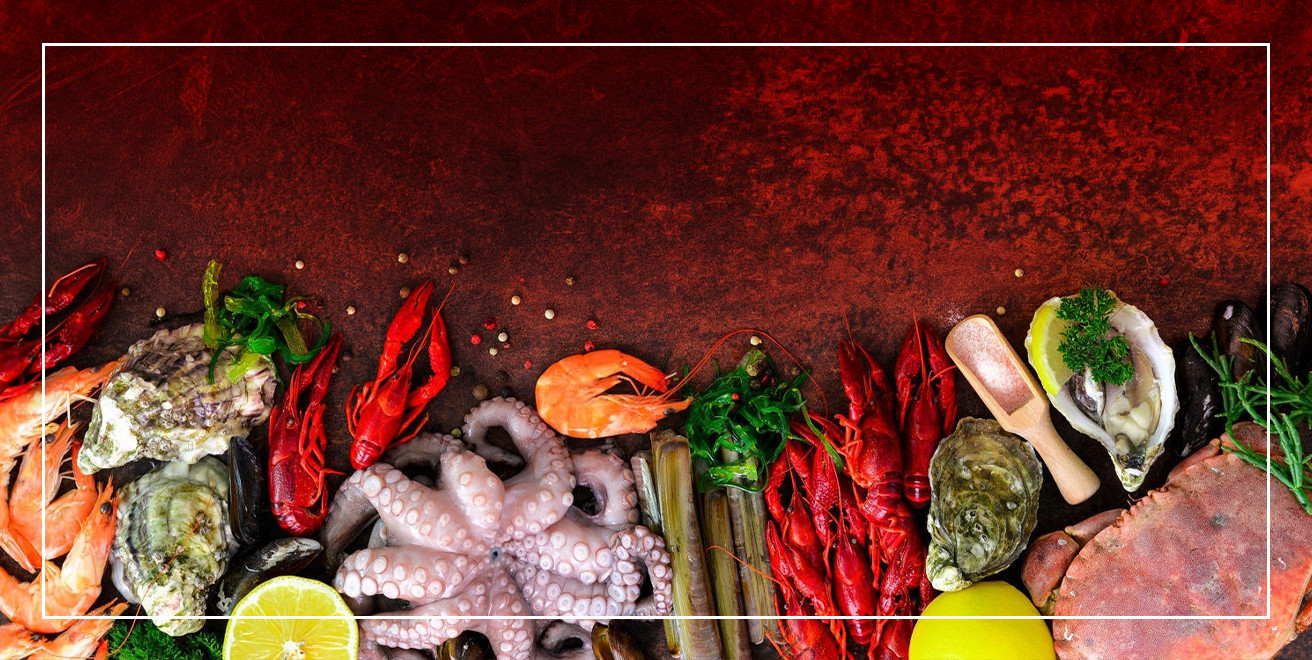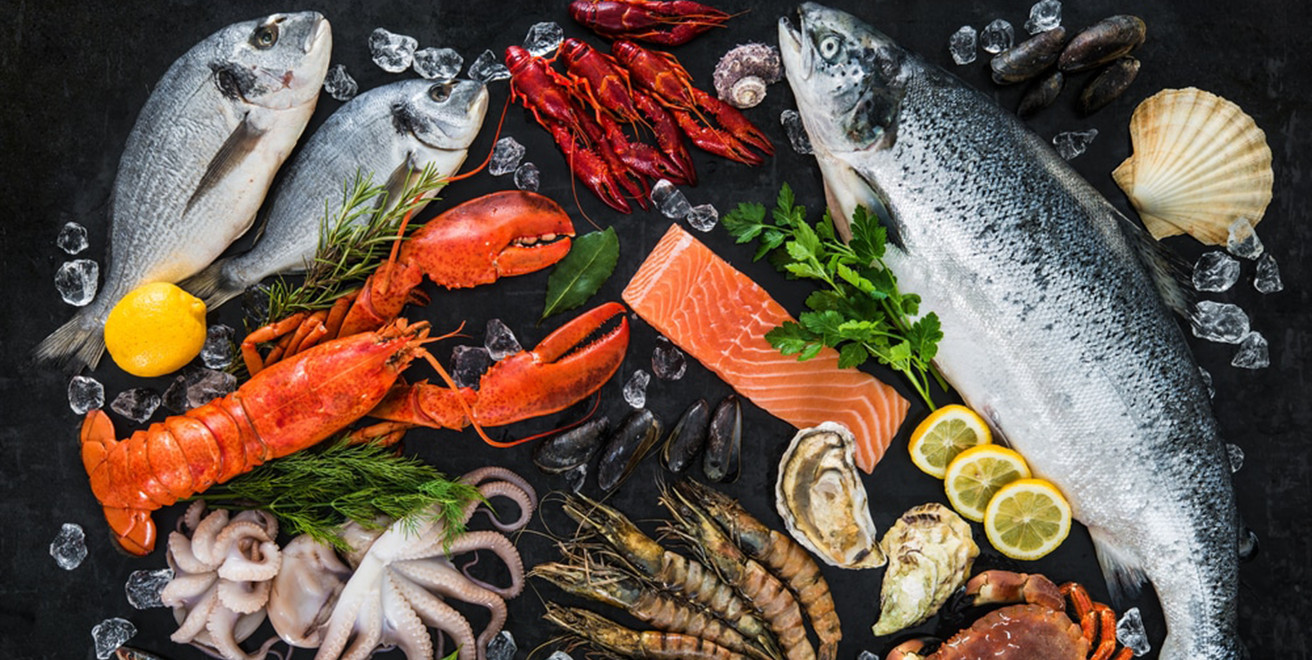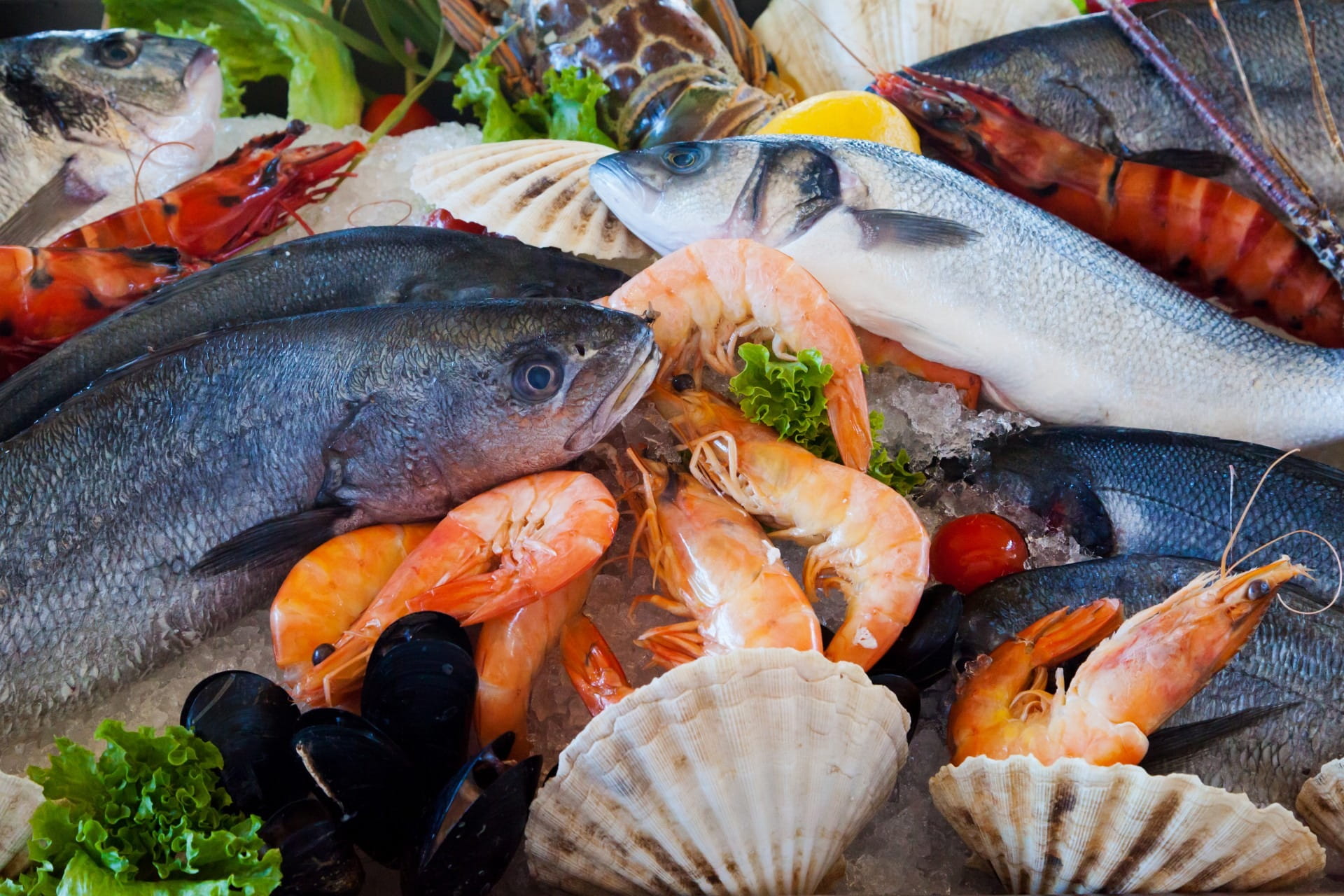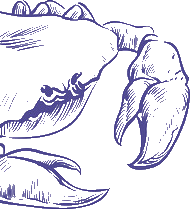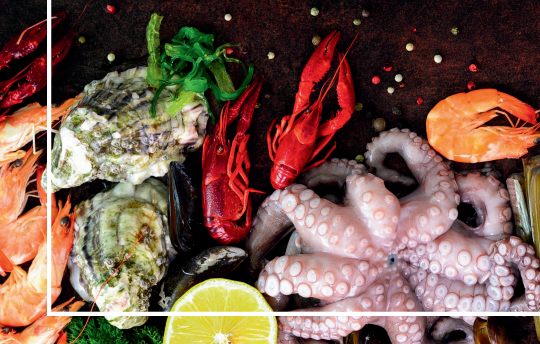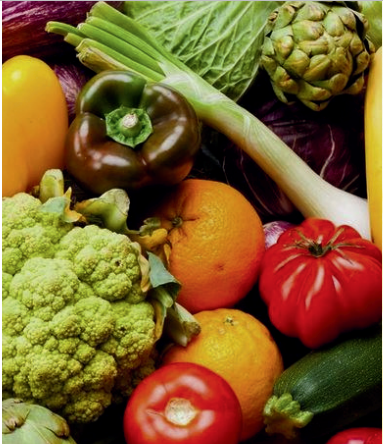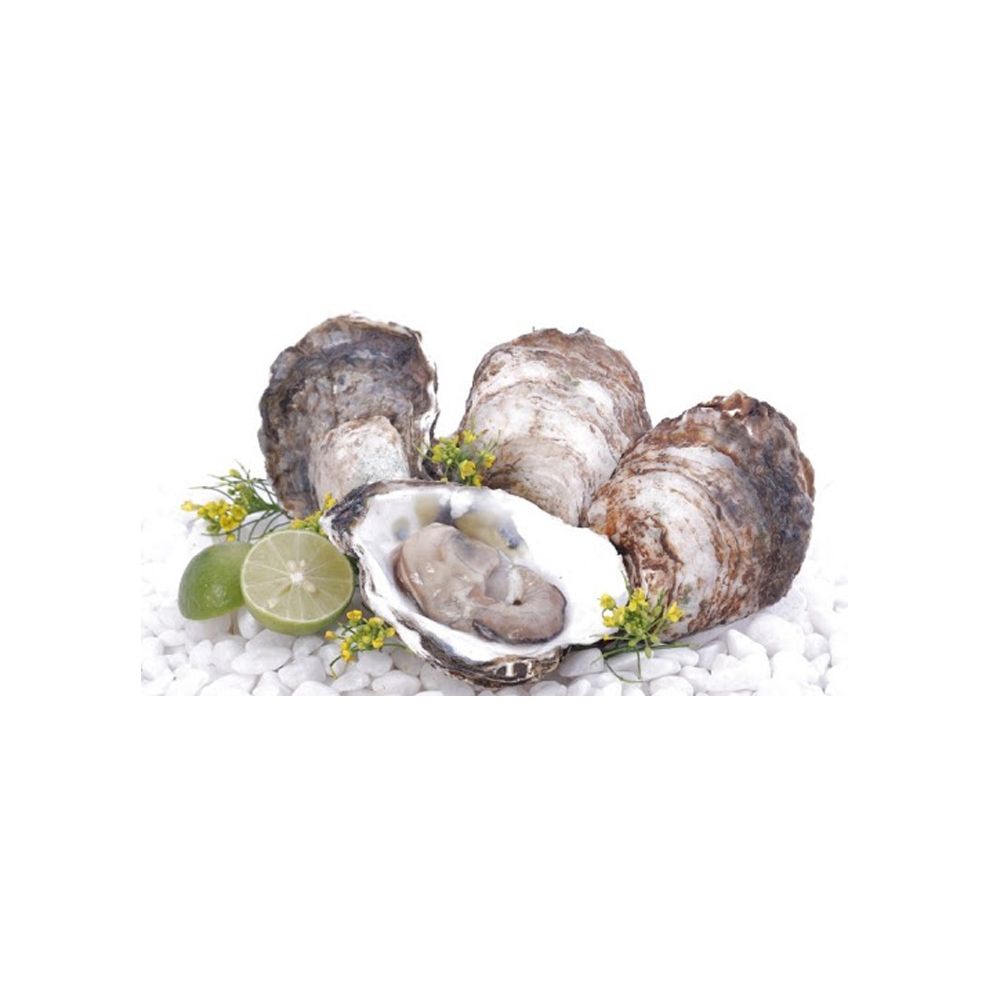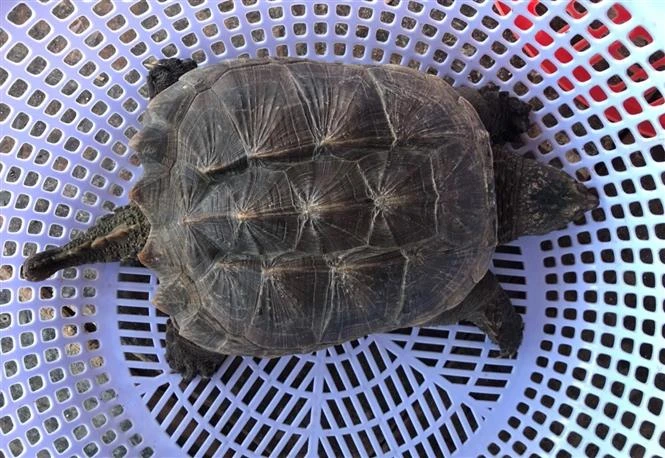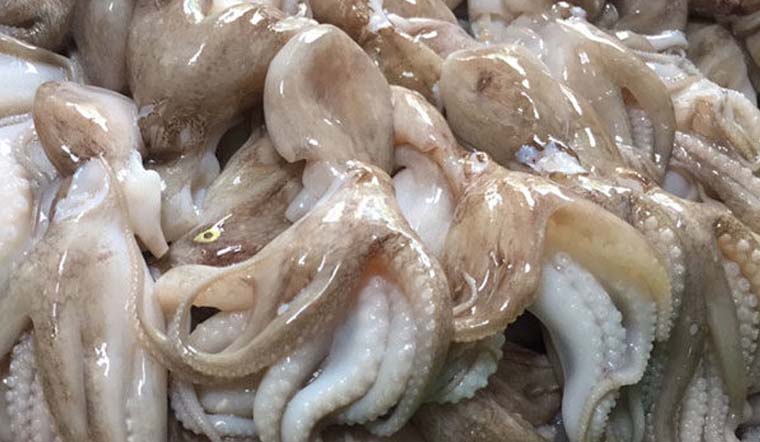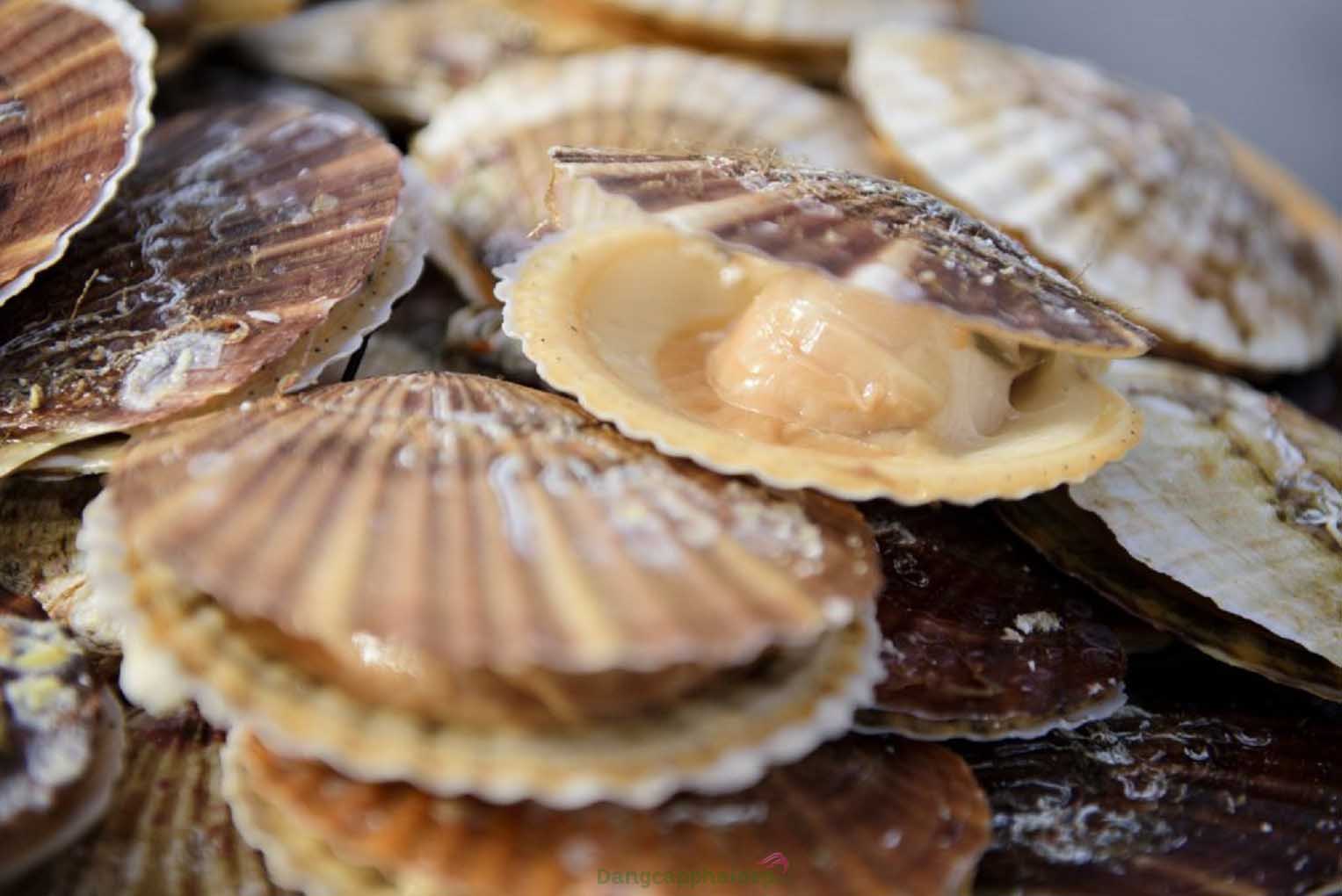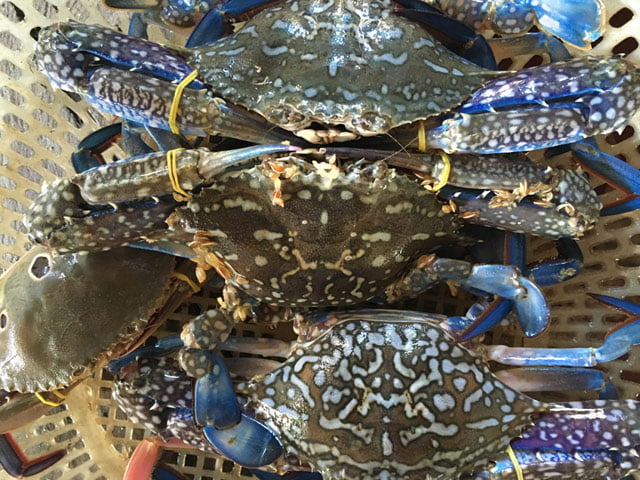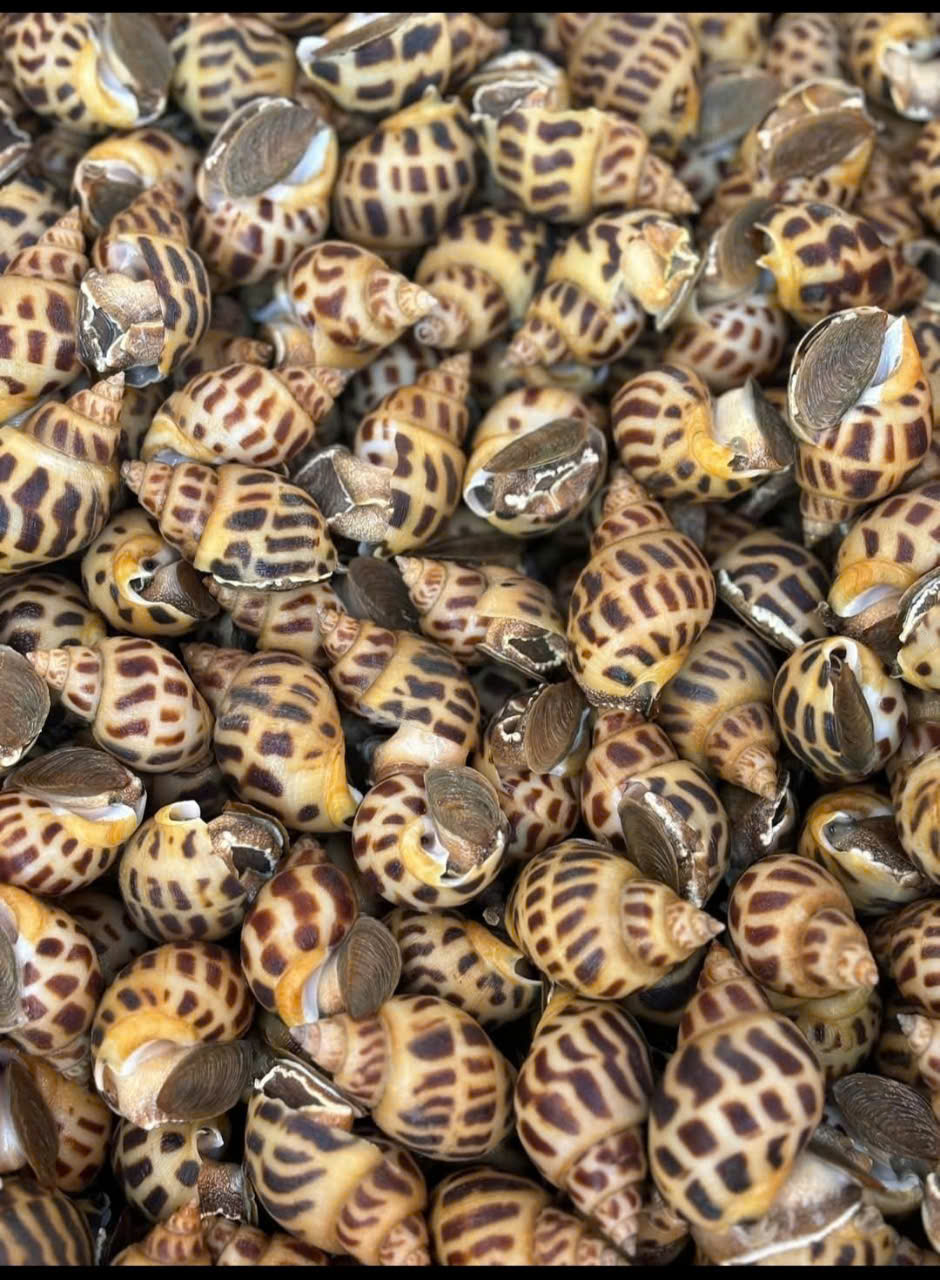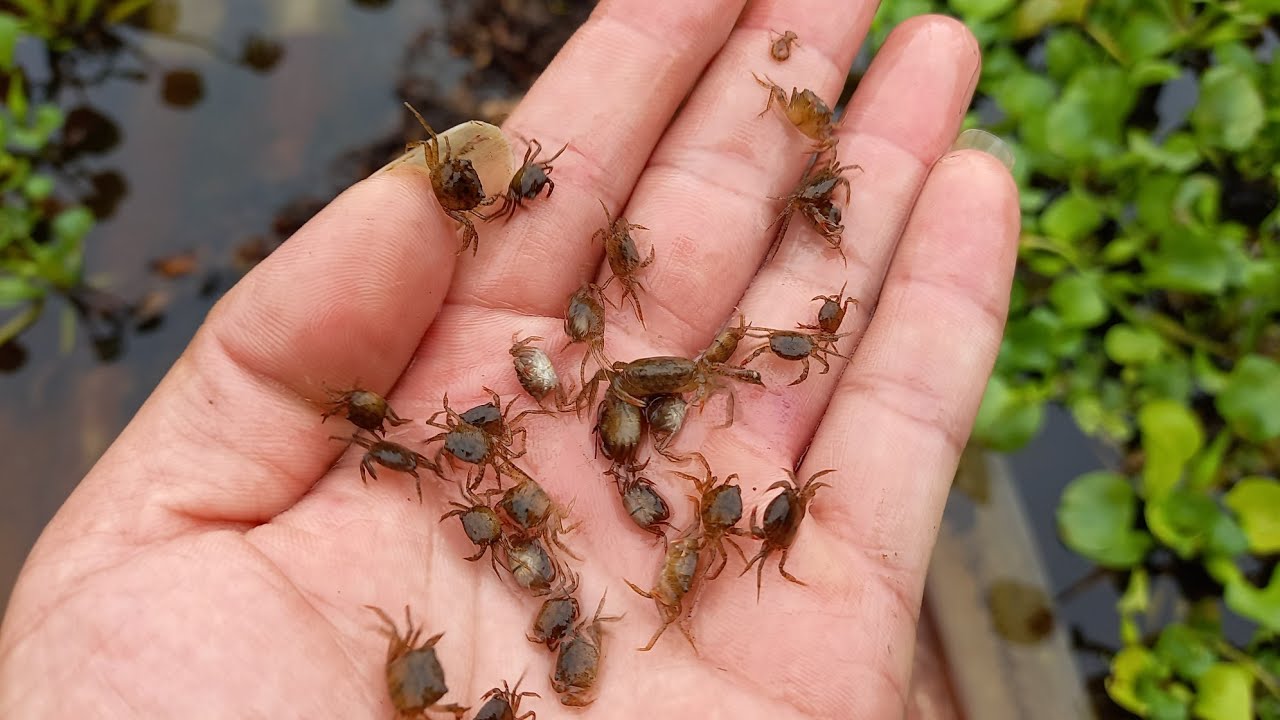 Trở thành nguồn xuất khẩu thủy sản hàng đầu, nơi chất lượng thuần khiết đi đôi với sự bền vững. Chúng tôi mong muốn mang hương vị tươi ngon của biển đến mọi nơi trên thế giới, với cam kết về tính bền vững và đổi mới liên tục trong từng sản phẩm.
Trở thành nguồn xuất khẩu thủy sản hàng đầu, nơi chất lượng thuần khiết đi đôi với sự bền vững. Chúng tôi mong muốn mang hương vị tươi ngon của biển đến mọi nơi trên thế giới, với cam kết về tính bền vững và đổi mới liên tục trong từng sản phẩm.
Chúng tôi cam kết cung cấp các sản phẩm thủy sản chất lượng cao, an toàn và bền vững cho thị trường quốc tế. Thông qua sự đổi mới, sự cống hiến và trách nhiệm, chúng tôi mong muốn chia sẻ hương vị tươi ngon của biển đồng thời góp phần vào sự phát triển bền vững của ngành thủy sản.







